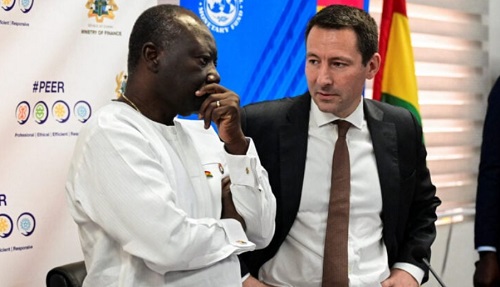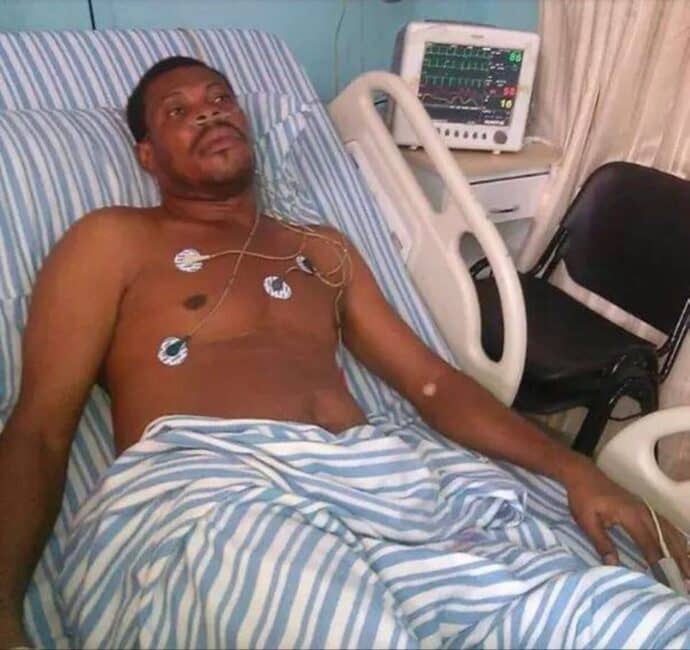The International Monetary Fund (IMF) has expressed confidence in the Ghanaian economy, saying that it is showing signs of stabilization after a month of approving the bailout of the West African nation.
However, the IMF also noted that there are still challenges that need to be addressed.
In a statement at the conclusion of a recent visit to Ghana, IMF staff team leader Stéphane Roudet said that inflation has softened, international reserves have increased, and the exchange rate has become less volatile.
He also said that the authorities have made progress in meeting key commitments under the Fund-supported program.
However, Roudet also noted that there are still challenges that need to be addressed, including high unemployment, a large informal sector, and weak infrastructure. He said that the government needs to continue to implement reforms to address these challenges.
“During the visit, we discussed recent macroeconomic developments. Against a complex global economic backdrop, the Ghanaian economy is showing signs of stabilization, with softening inflation, an increase in international reserves, and a less volatile exchange rate,” Mr. Roudet said.
“We also took stock of the authorities’ progress in meeting key commitments under the Fund-supported program. These will be formally assessed in the context of the first review of the Extended Credit Facility arrangement, which is expected to be undertaken in the Autumn. In discussing progress on the debt restructuring operations, we reiterated that timely restructuring agreements with creditors are essential to secure the expected benefits of the Fund-supported program.
“IMF staff held meetings with H.E. President Akufo Addo, H.E. Vice President Bawumia, Finance Minister Ofori-Atta, and Bank of Ghana Governor Addison, and their teams, as well as representatives from various government agencies, the Parliament’s Finance Committee, the private sector, and civil society. Staff would like to express their gratitude to the Ghanaian authorities and other stakeholders for their constructive engagement and support during this mission.”
The IMF’s comments were welcomed by the Ghanaian government. Finance Minister Ken Ofori-Atta said that the government is committed to continuing to implement reforms to improve the economy.
The IMF visit was part of regular engagements under Ghana’s $3 billion loan programme, which was approved in May.
Ghana is seeking to restructure $20 billion of its roughly $30 billion external debt under the Group of 20’s Common Framework platform.
The first formal review of the programme is expected in September.
Credit: Graphic







